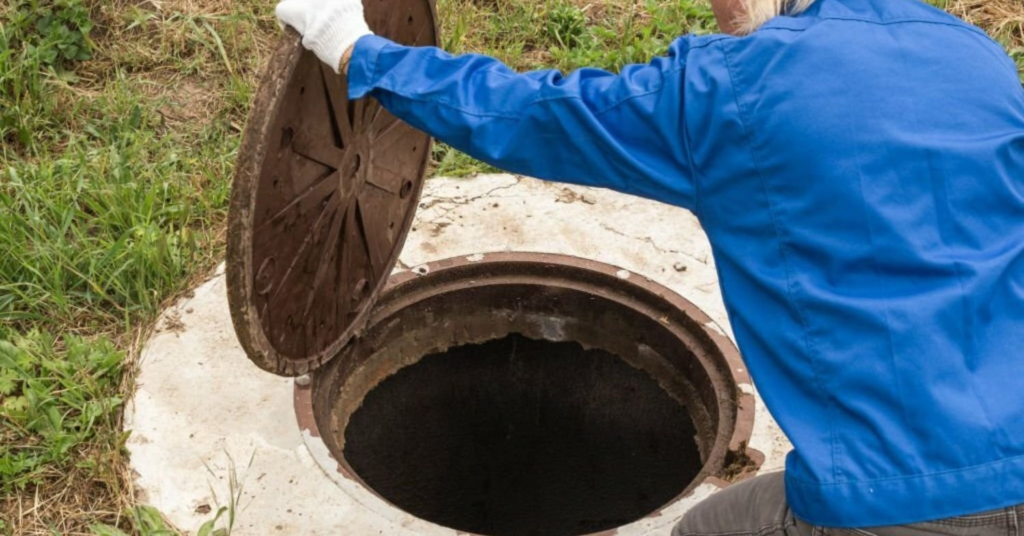Understanding Your Septic System: Best Practices for Maintenance and Longevity

Septic systems are a critical component of wastewater management for homes not connected to municipal sewage systems. Proper maintenance is essential to ensure the longevity of these systems and prevent costly repairs or failures. This article will explore best practices for septic system maintenance, focusing on the importance of septic tank inspection and septic tank pumping.
What is a Septic System?
A septic system is a self-contained wastewater treatment system that consists of a septic tank and a drain field. Wastewater from the household flows into the septic tank, where solids settle at the bottom, forming sludge, while lighter materials float to the top, forming scum. The partially treated effluent then flows into the drain field, where it is further treated by soil microorganisms.
The Importance of Regular Septic Tank Inspection
Regular septic tank inspection is a fundamental practice for maintaining a healthy septic system. Inspections typically involve checking the tank’s structural integrity, examining the inlet and outlet pipes for blockages, and assessing the overall functionality of the system.
Key Benefits of Septic Tank Inspection
- Early Detection of Issues: Regular inspections can identify problems before they escalate. For instance, a minor crack in the tank or a small blockage in the pipes can lead to more significant issues if left unaddressed.
- Extended System Lifespan: A well-maintained septic system can last for decades. Regular inspections contribute to the longevity of the system by ensuring that all components are functioning correctly.
- Compliance with Local Regulations: Many areas require periodic septic tank inspections to ensure compliance with health and safety regulations. Failing to comply can result in fines or the need for costly upgrades.
The Role of Septic Tank Pumping
Septic tank pumping is an essential part of septic system maintenance. Over time, solids accumulate in the septic tank, and if not removed, they can overflow into the drain field, causing blockages and system failure.
When to Schedule Septic Tank Pumping
The frequency of septic tank pumping depends on several factors, including the size of the tank, the number of occupants in the home, and water usage patterns. Generally, septic tanks should be pumped every 3 to 5 years, but households with high water usage or large families may require more frequent pumping.
Benefits of Regular Septic Tank Pumping
- Prevent System Overload: Regular pumping helps remove accumulated solids, preventing the tank from overflowing and ensuring the system operates efficiently.
- Reduce Risk of Contamination: An overflowing tank can lead to untreated wastewater entering the environment, posing health risks and contaminating local water sources.
- Cost Savings: Regular septic tank pumping can save homeowners money in the long run. By preventing system failures and costly repairs, regular maintenance pays for itself.
Best Practices for Maintaining Your Septic System
In addition to regular inspections and pumping, several best practices can help ensure the longevity and efficiency of your septic system:
1. Mind Your Water Usage
Excessive water use can overwhelm a septic system. Aim to spread out water usage throughout the day and fix leaks promptly to minimize the burden on your system.
2. Dispose of Waste Properly
Never flush non-biodegradable items, chemicals, or fats and oils down the toilet or sink. These substances can disrupt the natural processes within the septic system and lead to clogs.
3. Maintain the Drain Field
Keep the drain field clear of heavy equipment, vehicles, and structures. Roots from trees and shrubs can also damage the system, so avoid planting near the drain field.
4. Use Septic-Friendly Products
Opt for biodegradable cleaning products and toilet paper designed for septic systems. These products break down more easily and reduce the risk of clogging.
5. Schedule Regular Maintenance
Establish a routine for septic tank inspections and pumping. Keeping a maintenance schedule helps ensure that your system remains in good working condition.
Conclusion
Understanding your septic system and adhering to best maintenance practices are crucial for ensuring its longevity and efficiency. Regular septic tank inspections and timely septic tank pumping are vital components of a successful maintenance strategy. By following these guidelines, homeowners can enjoy a reliable septic system while minimizing environmental impact and avoiding costly repairs. Investing time and resources into proper septic system care is an investment in your property’s health and longevity.







